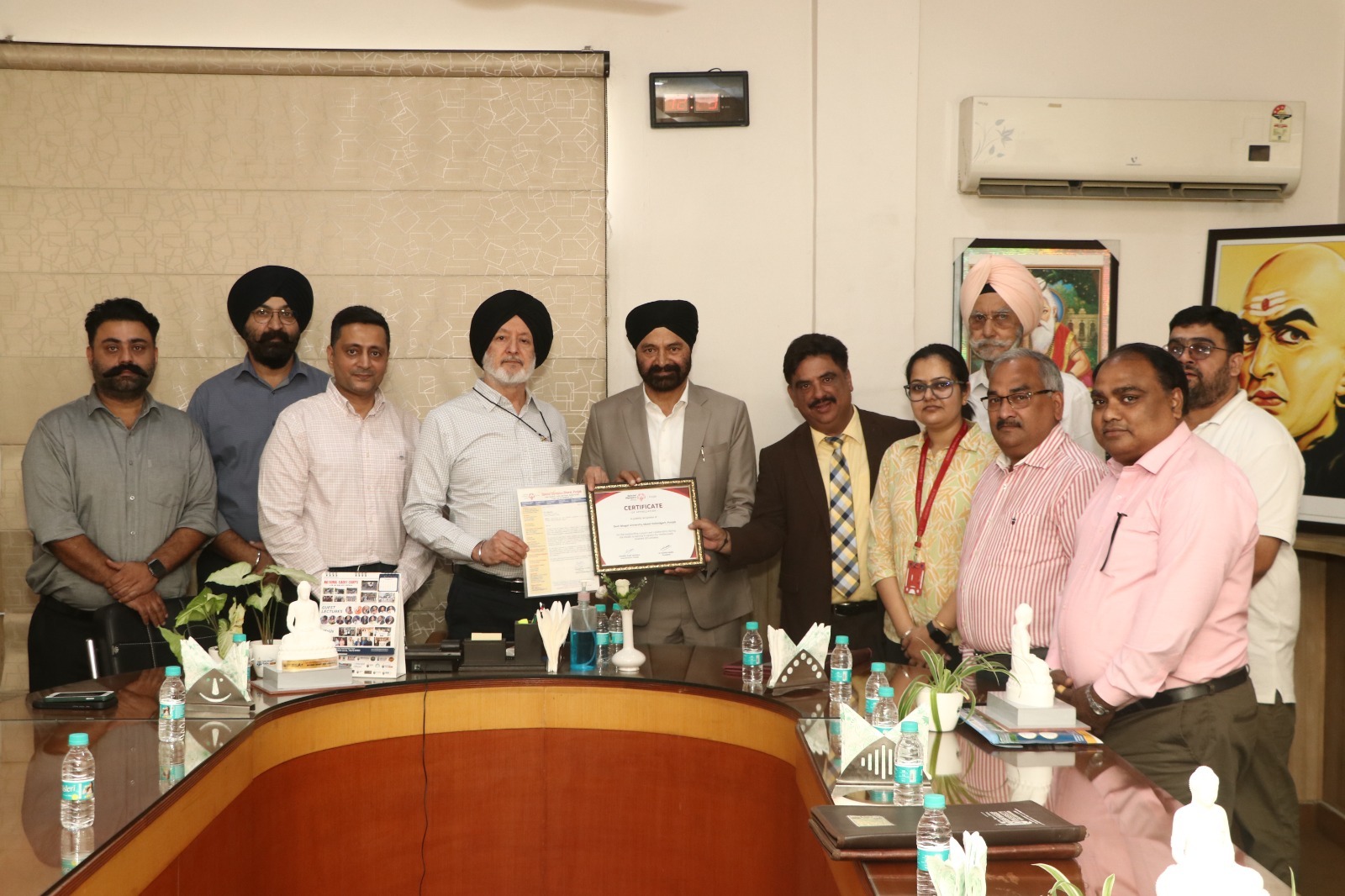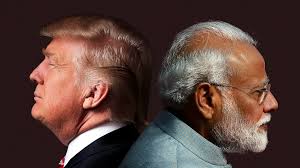Listen To This Post
New Delhi, From McDonald’s and Coca-Cola to Amazon and Apple, American multinational giants are facing growing boycott calls in India as nationalist voices and Prime Minister Narendra Modi’s supporters rally against US tariffs. The backlash comes after former US President Donald Trump announced a steep 50% tariff on most Indian goods, straining New Delhi–Washington trade ties.
India, the world’s most populous nation, is a critical growth market for US brands, which have rapidly expanded to capture its rising middle class and aspirational consumers. Domino’s operates more outlets in India than any other market, Meta’s WhatsApp has its largest user base here, and queues still form for new Apple store openings or Starbucks discount events.
While there’s no immediate sign of falling sales, a surge of online and offline campaigns is urging consumers to “buy Indian” and shun American products. Industry leaders and activists have taken to social media, framing the movement as both economic resistance and a patriotic duty.
Business Leaders Push for Self-Reliance
Manish Chowdhary, co-founder of Wow Skin Science, urged Indians to back local entrepreneurs and farmers, citing South Korea’s success in turning domestic food and beauty brands into global phenomena.
“We have proudly spent on brands we don’t own, while our own makers fight for attention in their own country,” he said in a LinkedIn video. Rahm Shastry, CEO of DriveU, called for Indian-made alternatives to global tech platforms:
“India should have its own home-grown Twitter/Google/YouTube/WhatsApp/Facebook — like China has,” he wrote.
Political and Grassroots Mobilisation
The Swadeshi Jagran Manch (SJM), affiliated with the BJP, staged small rallies across India , urging a boycott of American brands. The group has circulated WhatsApp lists of local alternatives to foreign soaps, toothpaste, and soft drinks, alongside graphics declaring “Boycott foreign food chains” — prominently featuring McDonald’s and other restaurant logos.
“This is a call for nationalism, patriotism,” SJM co-convenor Ashwani Mahajan told Reuters, predicting a gradual consumer shift towards Indian products. Prime Minister Modi, without naming specific companies, reinforced the self-reliance message at an event in Bengaluru:
“Our technology companies make products for the world. Now is the time for us to give more priority to India’s needs.”
Mixed Public Response
The boycott sentiment is not universal. In Lucknow, 37-year-old Rajat Gupta, sipping a 49-rupee McDonald’s coffee, dismissed the protests: “Tariffs are a matter of diplomacy. My McPuff and coffee should not be dragged into it,” he said. Ironically, the protests coincided with Tesla opening its second Indian showroom in New Delhi — attended by both Indian commerce ministry and US embassy officials — underlining the complex and often contradictory nature of US-India business relations.














